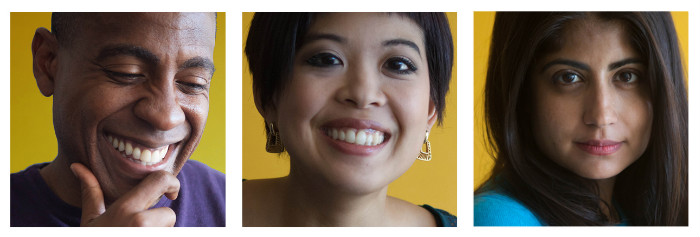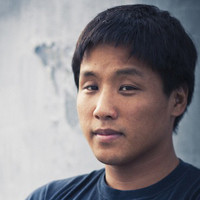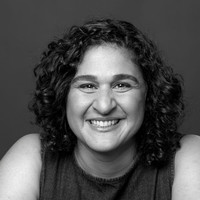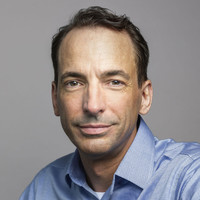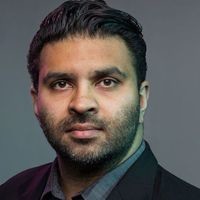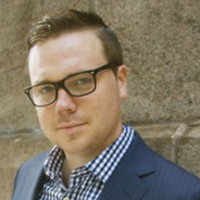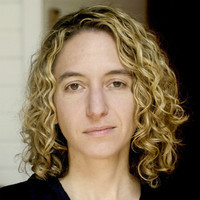Jason Fagone, a contributing editor at Wired and a writer-at-large for Philadelphia, is the author of Ingenious.
"It seemed like all the big guys in American society had let us down, all the elites. And here was a contest that was explicitly looking to the little guy and saying, 'We don't care what you've done before or how much money you have in your pocket. If you solve this problem, you win the money.' There was something so optimistic and hopeful and cool about that to me."
Thanks to TinyLetter and Squarespace for sponsoring this week's episode.







